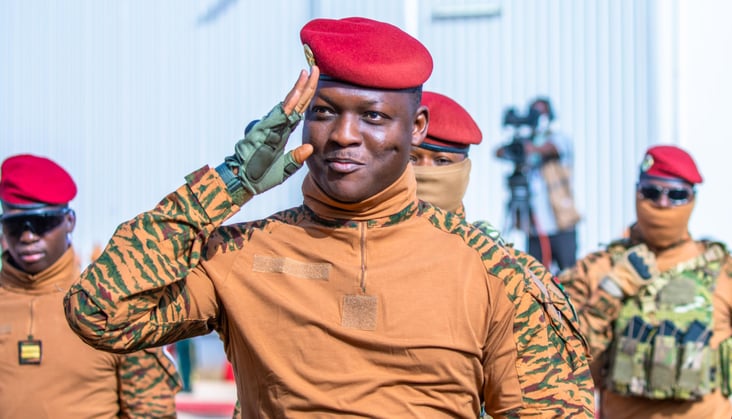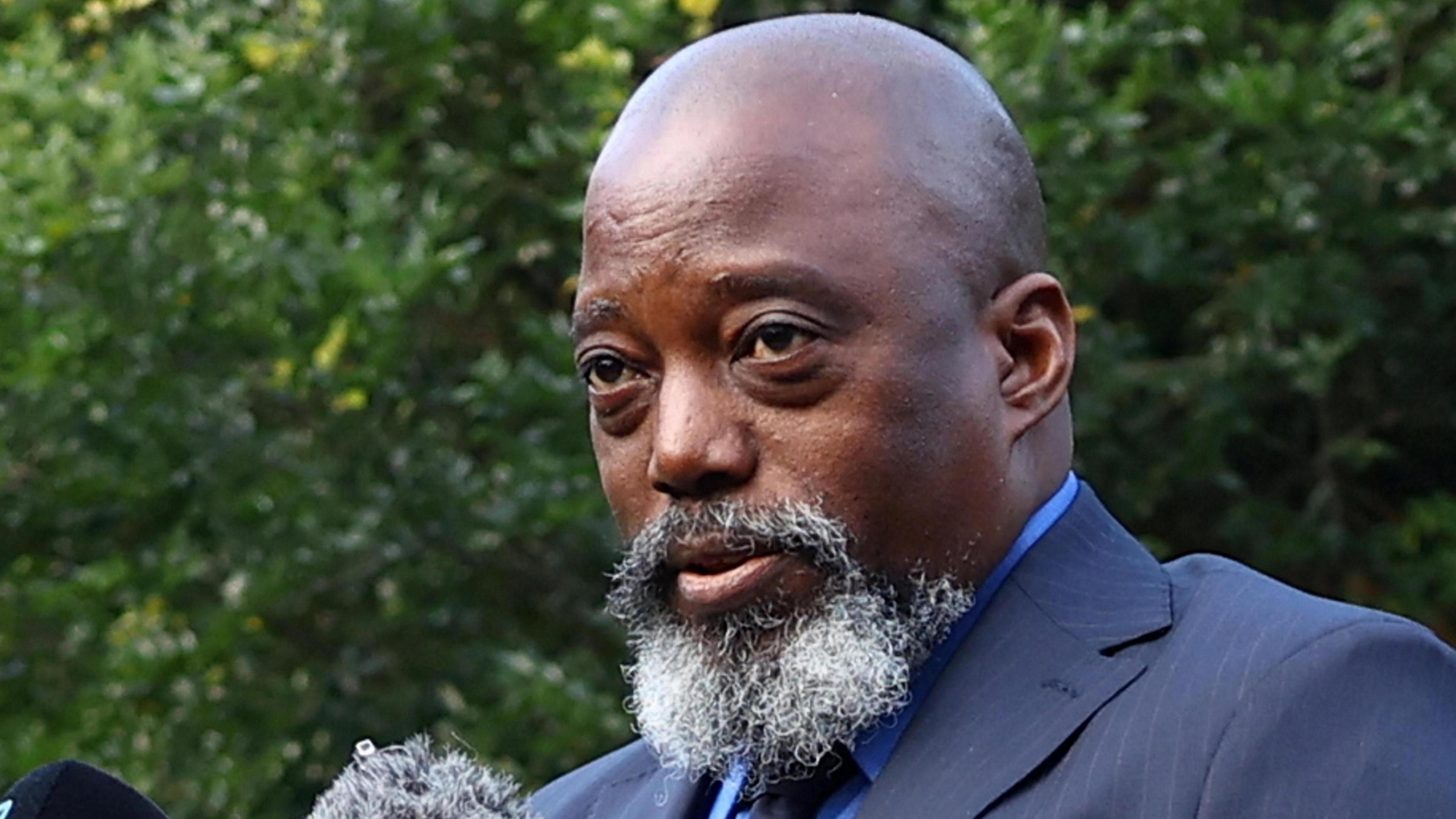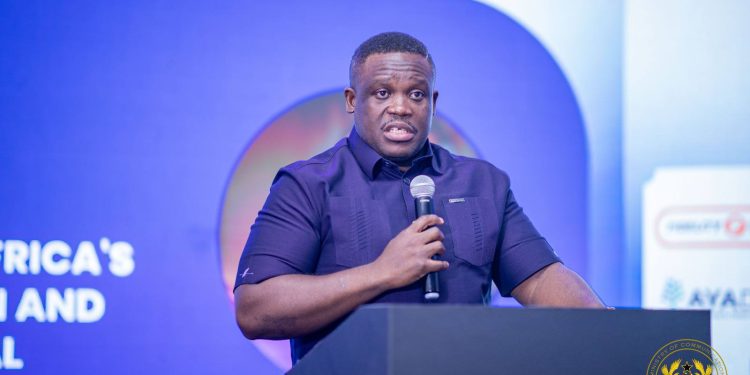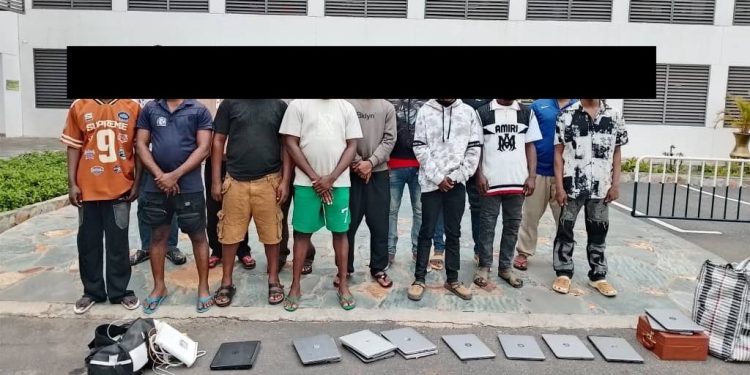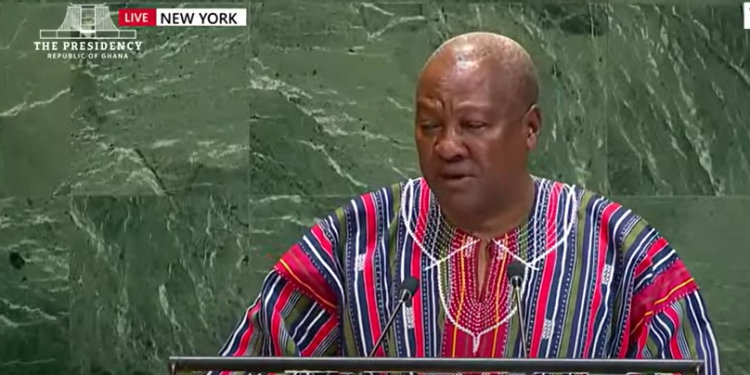Burkina Faso has scrapped visa fees for citizens of all African countries, in a move aimed at promoting free movement across the continent and strengthening Pan-African ties.
Security Minister Mahamadou Sana announced the decision following a cabinet meeting chaired by the country’s military leader, Captain Ibrahim Traoré, on Thursday.
“From now on, any citizen from an African country wishing to go to Burkina Faso will not pay any amount to cover visa fees,” Mr Sana said. However, he clarified that travellers will still be required to complete an online application process before entering the country.
The policy places Burkina Faso among a growing group of African nations — including Rwanda, Kenya, and Ghana — that have taken steps to ease travel restrictions in line with African Union ambitions for greater integration.
The government said the initiative is intended to promote tourism, increase the country’s visibility, and showcase Burkinabe culture to the wider continent.
“This free visa system for African nationals will also help promote tourism and Burkinabe culture, and improve Burkina Faso’s visibility abroad,” a government statement said.
Captain Traoré, who came to power in a 2022 coup, has styled himself as a Pan-Africanist leader. He is known for his vocal criticism of Western influence and his calls for stronger African unity — themes that have gained him a significant following on social media, particularly among younger Africans.
However, critics have accused the military-led government of authoritarianism, cracking down on dissent, and failing to effectively tackle the Islamist insurgency that continues to destabilise parts of the country.
The visa-free announcement comes amid shifting alliances in West Africa. Burkina Faso, along with Mali and Niger — also under military rule — recently withdrew from the regional bloc ECOWAS and formed a new alliance. All three nations have also cut ties with former colonial power France and moved closer to Russia.
It remains unclear whether the new visa policy will ease tensions with neighbouring countries, but it reflects wider African Union efforts to reduce barriers to travel within the continent.



